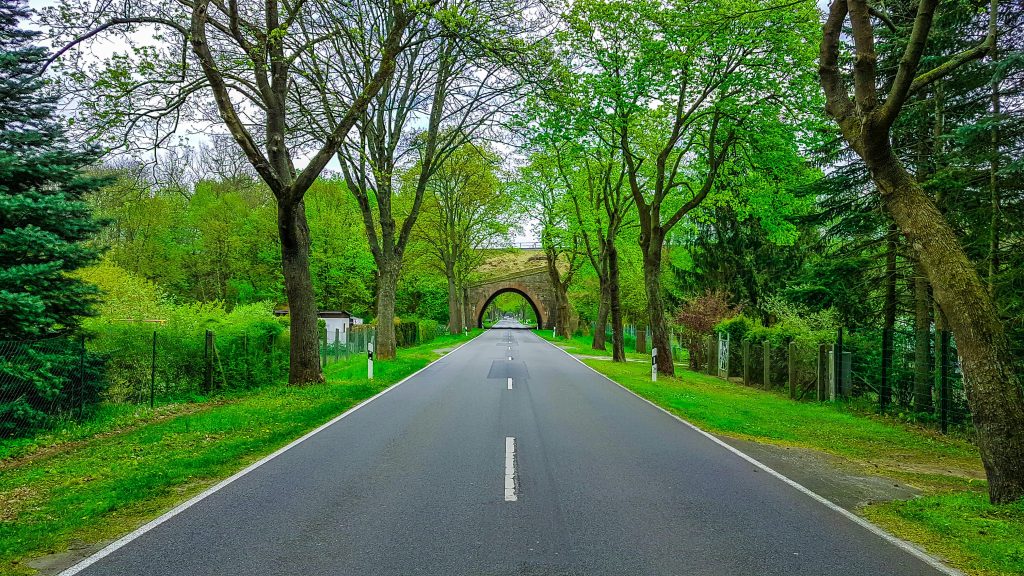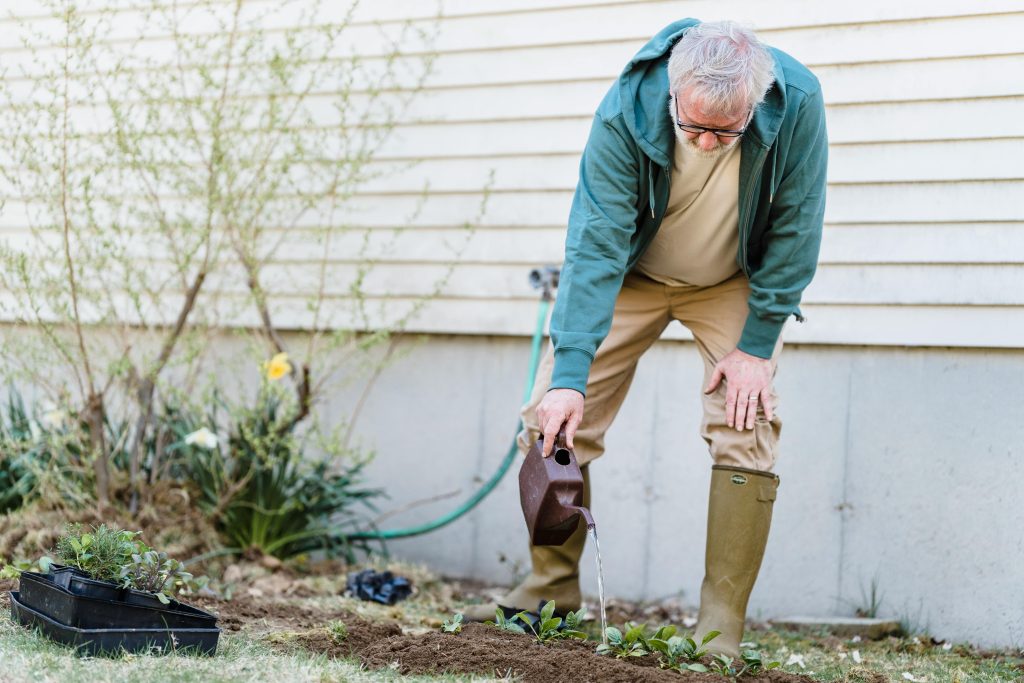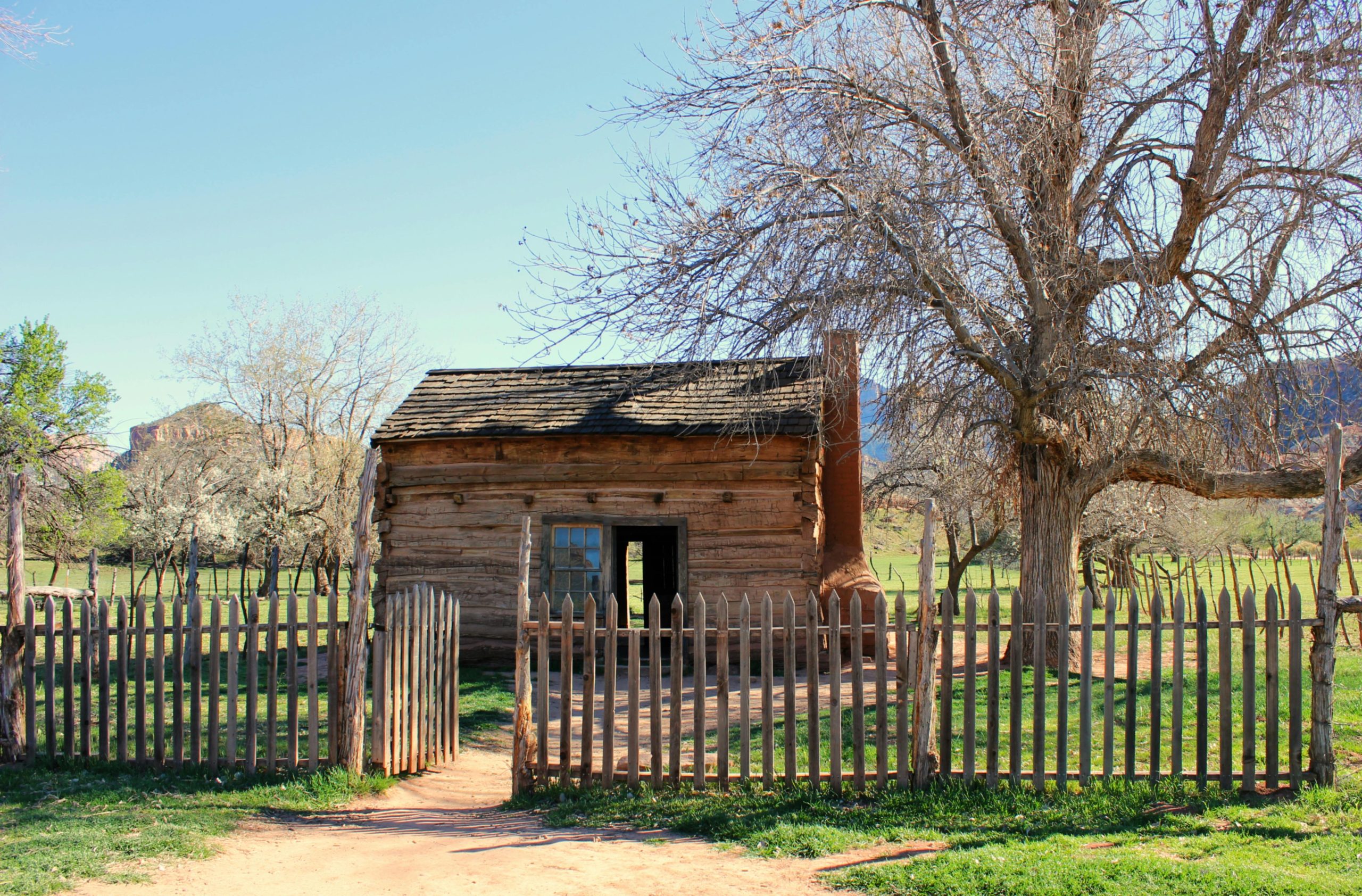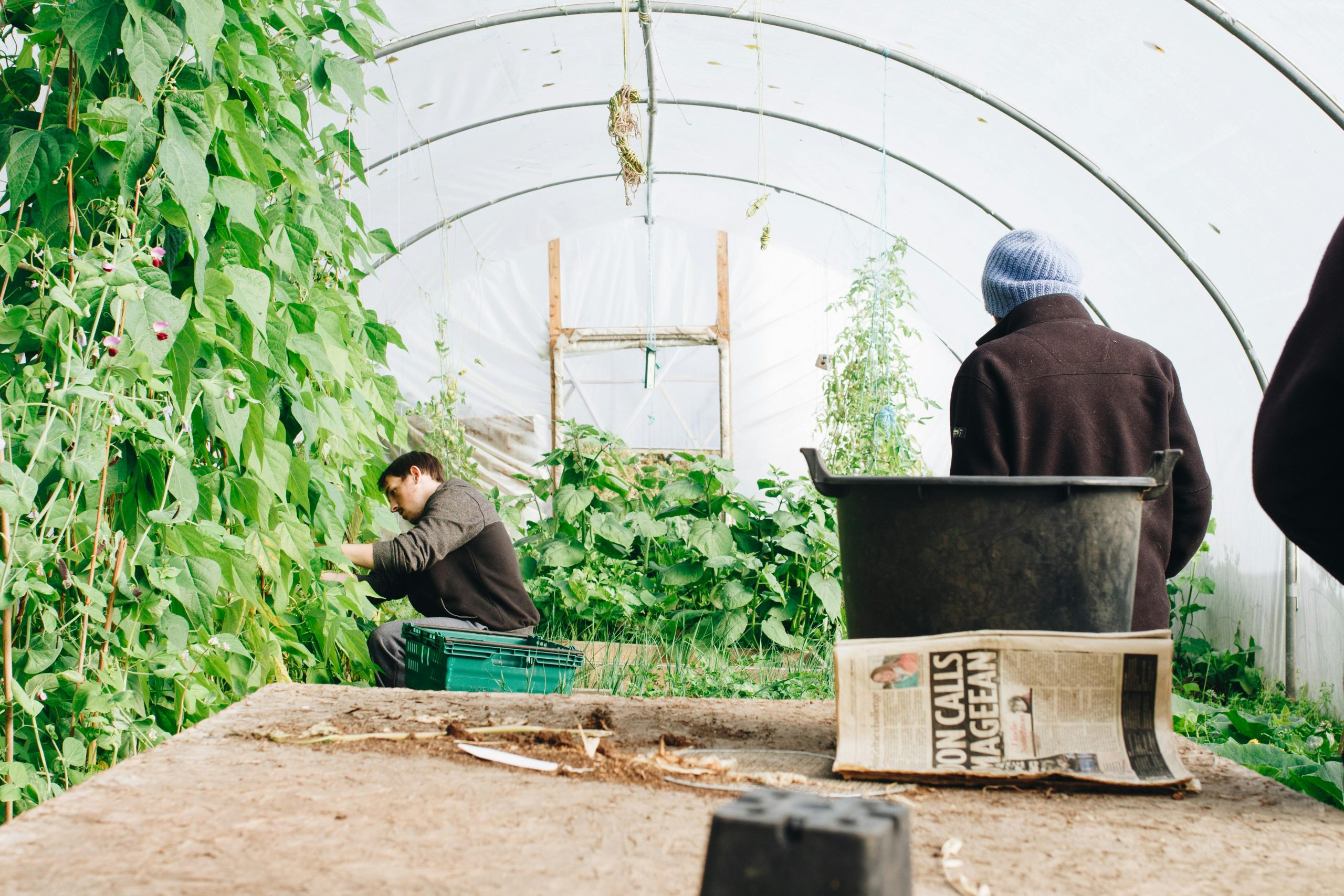Hey there everyone! Today I wanted to talk about something that might be of concern to a lot of people. As the interest in living sustainably grows and with recent pandemic giving us a wake-up call to make ourselves as self-sufficient as possible, it is important to know whether you can legally start a homestead or not.
It starts like a dream come true right? Living off the land, growing your own food, raising animals and leading a self sufficient lifestyle. It surely sounds amazing but the big question is: Is homesteading illegal in the USA? Let’s explore this in detail.
First off, let’s clarify what homesteading actually is. Homesteading refers to a lifestyle of self-sufficiency classified by sustainable agriculture, preservation of food and may include small-scale production of textiles. It’s a throwback to simpler times, reminiscent of the 19th century Homestead Act, where pioneers could claim land by living on it and improving it.
Table of Contents
Understanding the Legalities of Homesteading
So, is homesteading illegal in USA? The simple answer is no, it’s not illegal. However, there are various legal aspects you need to be aware of before setting on the homesteading journey.
Zoning Laws and Homestead

One of the most crucial aspects to consider is the zoning laws. Zoning Laws are regulations that define how property in specific geographic zones can be used. These laws can vary significantly from one place to another and directly affect you homestead.
For example, if you are planning to start a homestead in a rural area, you are likely to have fewer restrictions as compared to urban areas. However, urban areas have stricter zoning laws. These regulations can dictate whether you can keep livestock, the size of your garden and even the type of structures you can build on your property (Legal Zoom, 2023).
Building Codes for Your Homestead
Building codes are another important consideration. These are sets of regulations that specify the standards for constructed objects such as buildings and non-building structures. They ensure that the buildings on your homestead are safe and sustainable.
For instance, if you plan to build a greenhouse, barn, or even your home, you need to ensure that these structures comply with local building codes. This might include aspects like electrical systems, plumbing, and structural integrity (International Code Council, 2023).
Water Rights and Homesteading

Water rights can be a significant issue, especially in states where water is a scarce resource. Understanding your water rights and any restrictions on water use is essential for your homestead. For example, in some areas, you might need a permit to collect rainwater or use groundwater for irrigation (National Agricultural Law Center, 2023).
Animal Regulations on a Homestead
Raising livestock is a key part of homesteading. However, there are regulations about the types and number of animals you can keep, particularly in urban or suburban areas. These regulations are in place to ensure that the animals are kept humanely and that their presence does not negatively impact the community. You might have to make some compromises if you are aiming to start an urban or sub-urban homestead
Federal and State Laws Affecting Homesteads
While most regulations affecting homesteading are at the state and local level, some federal laws can impact your homesteading practices.
The Homestead Act
You might be wondering about the Homestead Act of 1862, which allowed people to claim land by living on it and improving it. This act is no longer in effect; it was repealed in 1976, except in Alaska where it continued until 1986 (US National Archives, 2023). However, its spirit lives on in modern homesteading practices, encouraging self-sufficiency and sustainable living.
Food Safety Regulations for Homestead
Selling fresh produce from your homestead can be a really good source of income for you. If you plan to sell products from your homestead, such as eggs, milk, or canned goods, you need to comply with federal and state food safety regulations. The USDA oversees many aspects of farming and food production, ensuring that the food sold to consumers is safe (USDA, 2023).
Steps to Start a Homestead
Now that we’ve covered the legal landscape, let’s talk about how you can start your homesteading journey.
Research and Plan Your Homestead
The first step is thorough research and planning. Understand the local laws and regulations in your area. Make a detailed plan for your homestead, including what you want to grow, the animals you want to raise, and the structures you need to build.
Find Suitable Land for Your Homestead
Look for land that is zoned appropriately for your intended use. Consider factors like soil quality, water availability, and proximity to resources. Rural areas are generally more favourable for homesteading due to fewer restrictions. Every property or piece of land will have its own pros and cons. You have to decide what matters more to you and how you plan to live.
Build Infrastructure on Your Homestead
Once you have your land, the next step is to build the necessary infrastructure. This includes your home, barns, greenhouses, and any other structures you’ll need. Ensure that everything is up to code to avoid legal issues. It is not easy to build everything yourself and if you don’t have prior experience the job will become even more difficult. So, make sure you either are an expert or start by building less demanding projects or don’t be afraid to hire some help. If you are to hire someone you need to consider the cost and plan accordingly.
Start Small On Your Homestead
It’s always a good idea to start small. Begin with a garden or a few animals. As you gain experience and confidence, you can gradually expand your homestead. To get started you might want to consider starting with a few plants. Here is a list of plants that are really good for beginners to grow and gain experience from: 5 Best Plants for a Beginner Gardener.
Stay Informed About Homesteading Laws
Laws and regulations can change, so it’s important to stay informed and compliant. Join local homesteading groups, attend workshops, and keep up with any changes in the law that might affect your homesteading activities.
Challenges of Homesteading
While homesteading can be incredibly rewarding, it’s not without its challenges. Here are some common obstacles you might face:
Financial Investment in a Homestead
Starting a homestead requires a significant financial investment. You’ll need to purchase land, build structures, and buy supplies. Additionally, there are ongoing costs for maintaining your homestead. I will not recommend doing it full time until you have at least three or four revenue streams going from your project.
Time and Labour on a Homestead
Homesteading is labour-intensive. It requires a considerable amount of time and effort, especially if you’re maintaining a large garden or raising livestock. It’s essential to be prepared for the physical demands of this lifestyle. Be prepared to do a lot of physically demanding tasks on the daily basis. Everyday will be a new challenge and it will help you find out how capable your body is and how you can get healthier just by doing routine chores.
Legal Compliance for Homesteads
As discussed, complying with various laws and regulations can be challenging. It’s crucial to stay informed and ensure that your homestead meets all legal requirements. You will not earning a lot, not the in the beginning at least. Make sure you spend your time, energy and money wisely. Knowing the regulations or choosing an area that has favourable laws can be the most crucial aspect of your planning.
Benefits of Homesteading
Despite the challenges, homesteading offers numerous benefits that make it worthwhile.
Self-Sufficiency on a Homestead
One of the primary benefits of homesteading is self-sufficiency. Growing your own food and raising animals can reduce your reliance on commercial food sources and provide a sense of independence. Even if you don’t achieve 100 percent self-sufficiency it is a great feeling to know that majority of your food was grown without using harmful chemicals that not only destroy your health but also the environment.
Health and Well-being from Homesteading
Homesteading promotes a healthier lifestyle. Fresh, home-grown produce is often more nutritious than store-bought alternatives. Additionally, the physical activity involved in homesteading can improve your overall health and well-being.
Environmental Sustainability of Homesteads
Homesteading encourages sustainable living practices. By growing your own food and using natural resources wisely, you can reduce your environmental footprint and contribute to a healthier planet. It is extremely important that we ensure our future generations are going to have a planet that is liveable. This is not just a benefit but a duty of everyone around the world to adopt sustainable practices however possible. Homesteading is the best way adopt a sustainable lifestyle.
Resources for Aspiring Homesteaders
If you’re interested in homesteading, here are some valuable resources to help you get started:
- USDA’s National Agricultural Library: This library offers a wealth of information on farming and self-sufficiency practices (USDA, 2023).
- Local Extension Offices: These offices provide local agricultural advice and support. They can be a great resource for information on soil quality, water use, and crop management (National Institute of Food and Agriculture, 2023).
- Homesteading Websites and Forums: Online communities like Homesteading Today can offer advice and support from experienced homesteaders. They are excellent platforms to share experiences and learn from others.
Conclusion
In conclusion, homesteading is not illegal in the USA, but it does come with its set of legal challenges and requirements. By understanding zoning laws, building codes, water rights, and animal regulations, you can ensure that your homestead is legally compliant. Starting small, staying informed, and making use of available resources can help you build a successful and rewarding homestead.
Homesteading offers a unique opportunity to lead a self-sufficient, sustainable lifestyle. With careful planning and a commitment to learning, you can overcome the challenges and reap the numerous benefits of homesteading. So, if you’ve been dreaming of living off the land and enjoying the fruits of your labour, now is the time to make it a reality. Happy homesteading!



